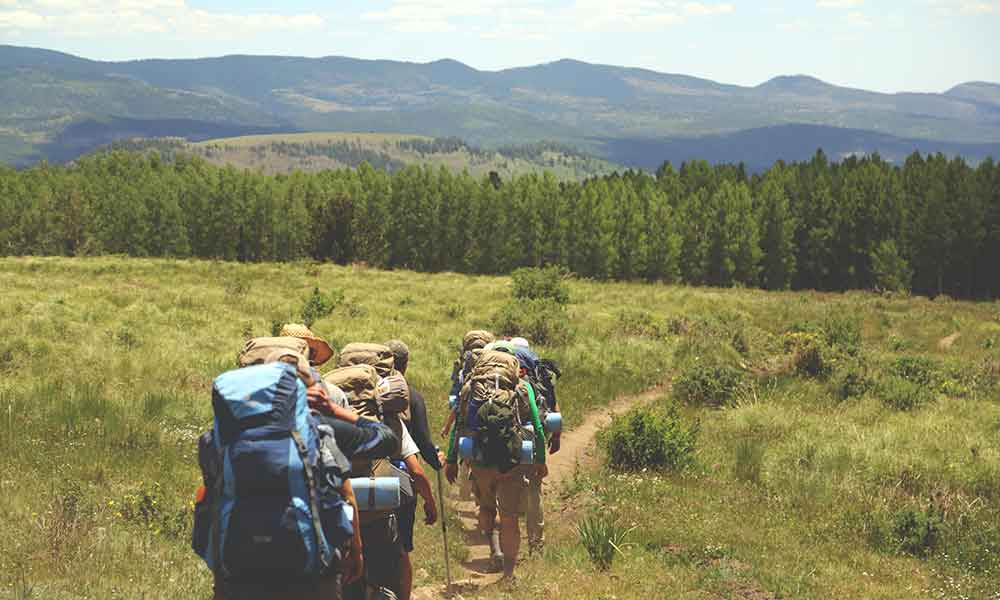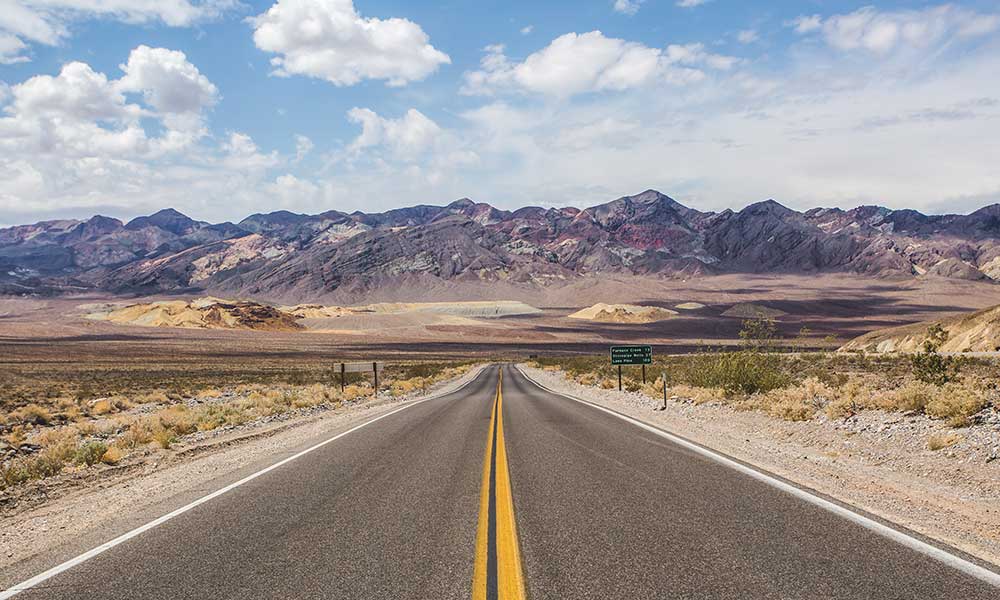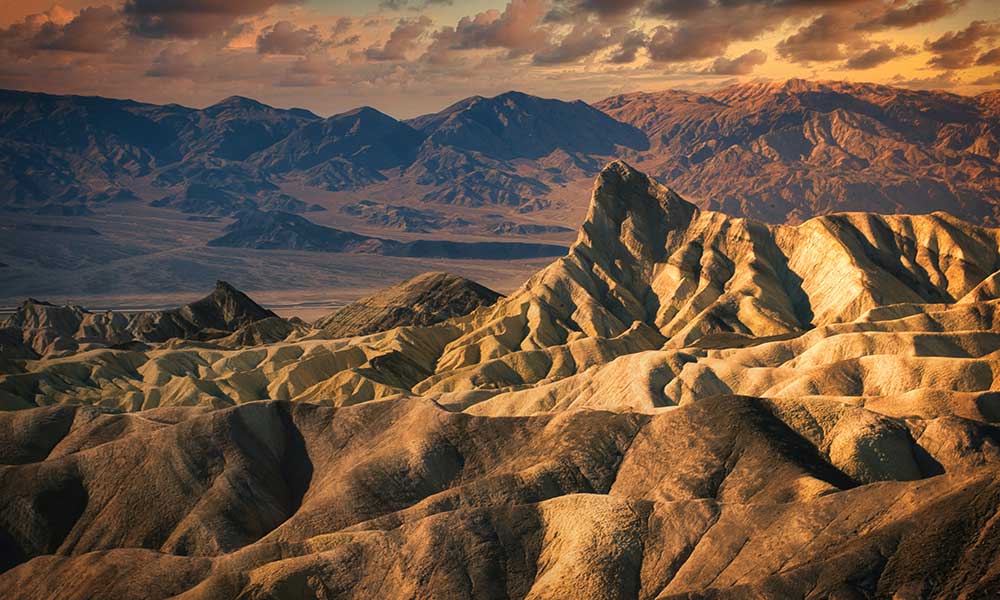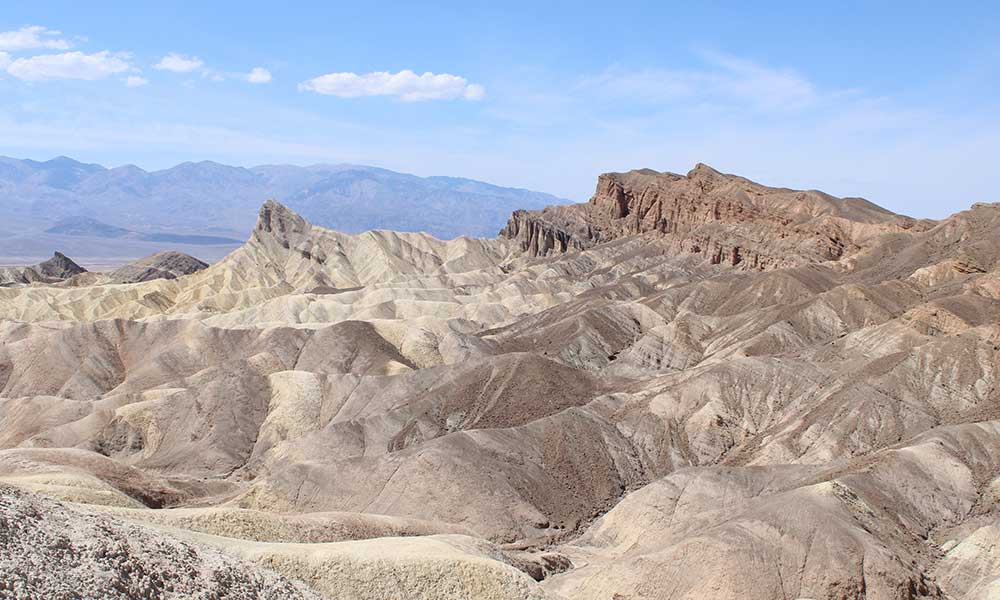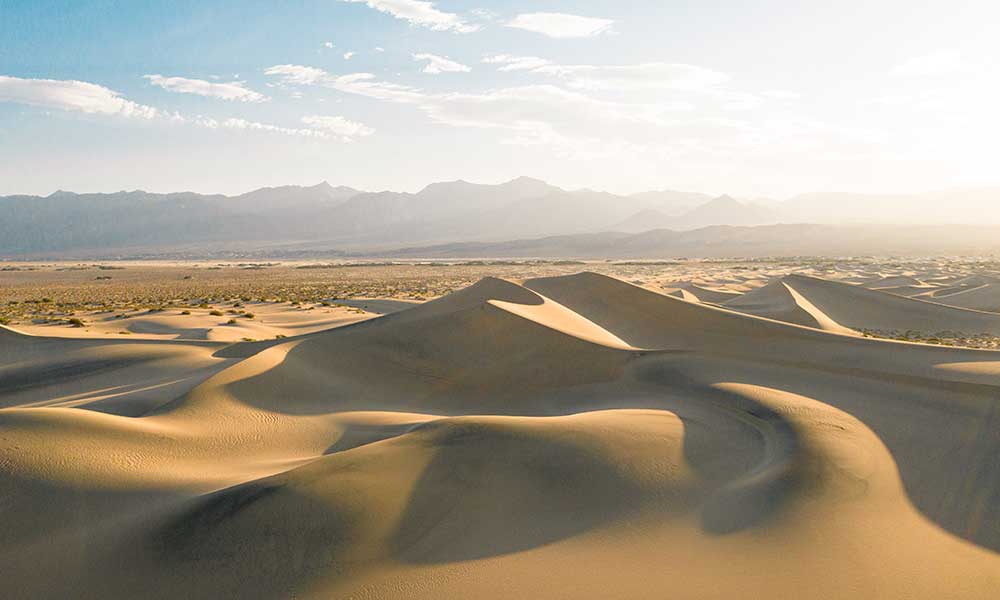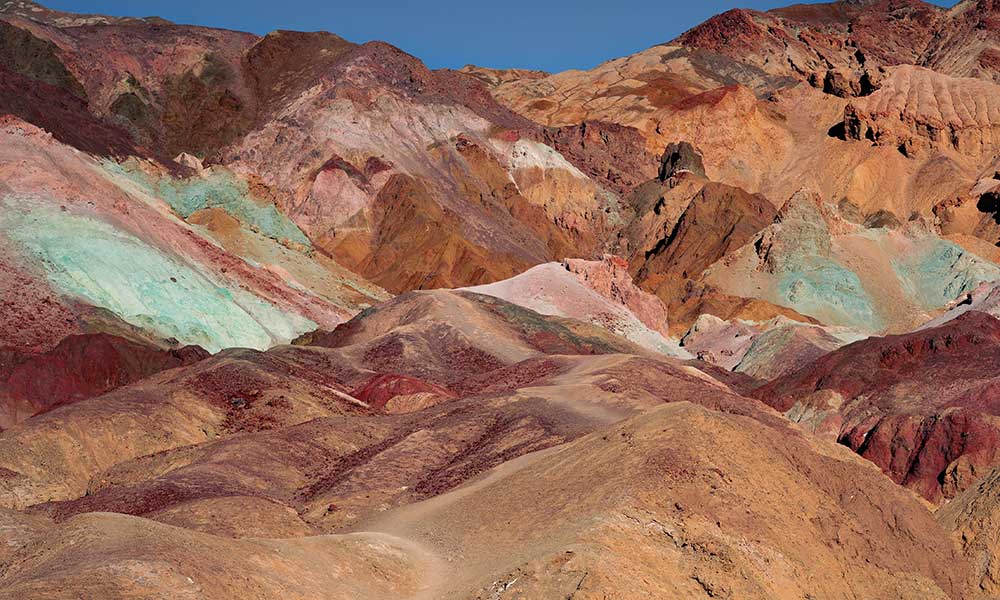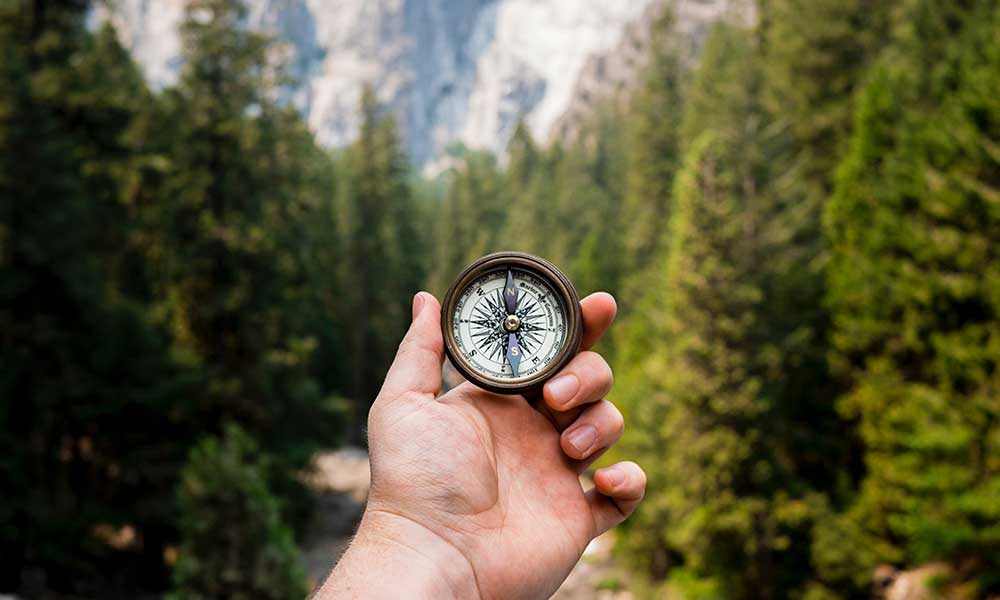A hike is a great way to spend the day. You can enjoy the sights, exercise, and get some fresh air.
But it’s not just about slipping on a pair of sneakers and heading for the trees. To make you’re safe, you must pack some essentials, and it’s those accessories and supplies that we’ll look at here.
What are the Essentials for Hiking?
Most sources list “10 hiking essentials”, covering everything you need to stay safe on a hike, as well as a few items that will make your walk easier. Other sources stretch to 11, 12, or 13 essentials. It really all depends on how you categorize them, but most professionals include the same items in their lists.
What Should Every Hiker Carry?
Essential hiking gear spans multiple areas and if you’re going on a long and challenging hike, or you have very limited experience, you should consider all of them.
We have listed this essential day hiking gear below, along with some links to the best options currently available from Amazon.
Sun Protection: Lip Balm & Sunglasses
Sun protection is very important for hikers. You could be out there for several hours exposing yourself to bright sunshine throughout. A good SPF lip balm and some sunscreen will prevent burning and should be carried with you to reapply periodically.
If you have sunglasses, wear them. They will protect your eyes and ensure you’re not constantly squinting away the glare.
Lights
You probably won’t need a headlamp on a day hike, but you never know when you might be slowed down and forced to hike in darkness. If you have a headlamp on standby, you won’t panic as much when darkness falls and you can find your way back home safely.
These lights are affordable and surprisingly bright. They are also much more practical than handheld flashlights, as you’ll keep your hands free to steady yourself and move obstacles out of the way.
A torch can also be dropped and when that happens, you could break it and leave yourself in the dark.
In addition to a quality headlamp, you’ll need a pair of extra batteries just in case.
First Aid Kit
A first aid kit is one of the most important hiking essentials. You can buy these kits readymade from sites like Amazon (see below) or make them yourself.
A first aid kit should include bandages, gauzes, medications, ointments, scissors, tweezers, and swabs. You’ll also need a bag to properly store medical waste and a waterproof container to ensure nothing gets wet.
Repair Tools
All of that essential gear is subject to damage, and if your emergency shelters, clothing, or hiking shoes are ripped, they’ll cease to be useful. That’s why your pack of hiking essentials should also include a gear repair kit and tools needed to patch, cut, and repair.
Fire Starting Supplies
A good lighter and some fire starter cubes can save your life if temperatures drop and you become standard. You might not need them, but they are cheap, small, and easy to carry, so it’s always good to have some fire starting supplies to hand.
Animal Repellent
Don’t go hiking in bear country without packing some bear spray and don’t forget your insect repellent, either. Bear attacks are rare, as are serious tick bites and other insect bites, but a little spray could save your life, so think of these items as low-cost insurance policies.
Food and Hydration
Think about how much food you’re going to need for the hike and then take a little more. The goal is not just to sustain yourself during a hike, but also to have a couple of bars to grab if you’re stranded overnight.
Don’t go overboard though. You don’t want to weigh yourself down with food.
As for water, you’ll typically need more than you think, especially if you’re hiking long distances in hot weather. You’re not going to die from hunger in a day or two, but if you don’t have enough water, you could easily dehydrate and find yourself in serious trouble.
Water bottles, water filters, and hydration packs can help you here.
An Emergency Shelter
Emergency shelters will keep you warm and dry if you’re ever stranded. As with fire starting supplies, you may never need them, but you’ll be glad to have them when you do.
What Should Every Hiker Wear?
Lists of hiking essentials typically exclude clothing, as this can vary depending on the season and location. But it’s equally important to ensure you’re wearing adequate hiking attire, including:
Hiking Footwear
Whether you choose hiking boots or hiking shoes, you need a good pair of footwear on your hike. Look for waterproof, durable, and non-slip footwear and focus on comfort as well as practicality.
It’s okay if a pair of dress shoes pinch at the toes or press a little too tight to your heel. You’re probably not going to do much walking and can take them off at the first chance that you get. But you can’t make the same allowances for hiking boots or shoes. You could be wearing them for hours and walking for miles, and if they’re not comfortable, you’ll know about it very quickly.
Proper Protective Clothing
The right clothing will ultimately depend on the weather and the type of hike. If there is a chance of rain, pack a rain jacket. If the sun is out, invest in some sun-protective clothes. Typically, you’ll either need to retain as much body heat as you can and stay as dry as possible or focus on remaining cool and protecting against the sun’s rays.
Hiking clothing can protect you against environmental hazards. Hard-wearing hiking pants will limit damage from thorns and vegetation and if you choose pants that are thick and loose, they could guard against snake bites and insect bites.
Hiking Backpack
A hiking backpack can carry everything that you need. For cold-weather hikes, pack a rain jacket and an emergency shelter, just in case it begins to rain. For summer hikes, store extra food and water bottles.
A backpack can also store first aid supplies, sleeping bags, extra clothing, and more.
Thermals
Cold weather hiking clothes should be warm and—preferably—moisture-wicking. Avoid wearing cotton, as it holds onto moisture and sweat, and always dress for the weather and environment.
Some of the warmest and driest fabrics include merino wool and polyester.
You can buy high-quality merino wool socks and thermals from Amazon, including these Darn Tough socks and this Smartwool Base Layer.
Good merino wool clothing isn’t cheap, but it’s well worth the investment if you can afford it. There are cheaper options out there and these may still be branded as “merino wool”, but you aren’t always getting what you think you’re getting.
There are “merino wool socks” currently selling for a third of the usual price, for instance, but they contain only a fraction of merino wool. A little of this premium material is better than nothing, but if the manufacturers are trying to convince you that their product is something it’s not, it’s probably not very well made.
What Other Gear Should I Take on a Hiking Trip?
If you’re hiking during hunting season, don’t forget your blaze orange hat and vest. It’ll help hunters to pinpoint you against the natural backdrop and ensure that you don’t catch a stray bullet. This is one of the hiking accessories that you can’t do without, but it’s only needed during hunting season.
If you’re hiking with a dog and sticking to dog friendly trails, consider buying a dog pack (a backpack for dogs), as well as poop bags and a place to store them (leave no trace!).
A GPS collar should also be considered in off-leash areas, just in case man’s best friend gets distracted by a squirrel and runs away.
It’s always good to have some hand sanitizer and if you’re taking long and difficult hikes, pick up a personal locator beacon, some toilet paper, a trowel (we don’t need to tell you what for), a GPS device, an emergency whistle, duct tape, and some trekking poles.
Hiking Gear: The Ten Essentials
As you can see, some hiking trips require more than “ten essentials”. This gear is not just for hikers, either. All outdoor adventurers can benefit from these essential supplies, including dog walkers, climbers, trekkers, and trail runners. It’s a lot of work, but it’s all worth it as the equipment contained in these packs could save your life one day.

